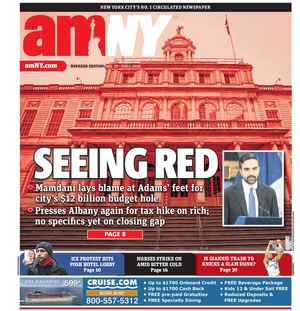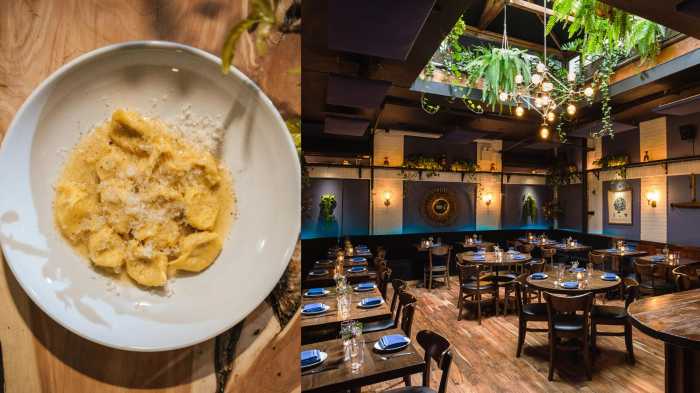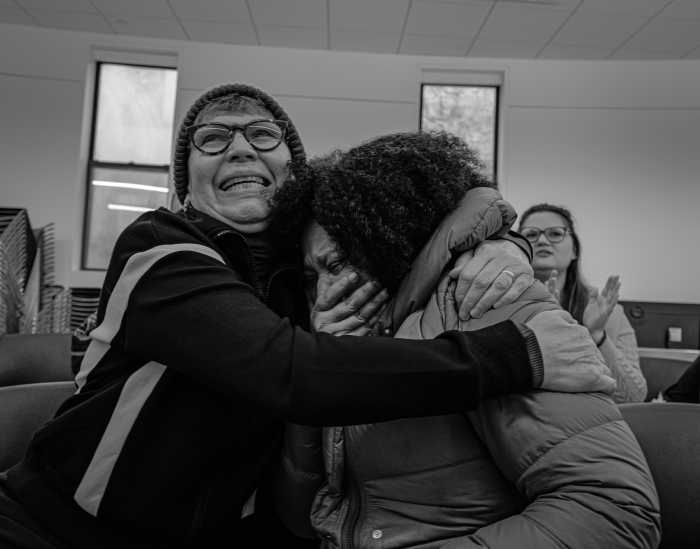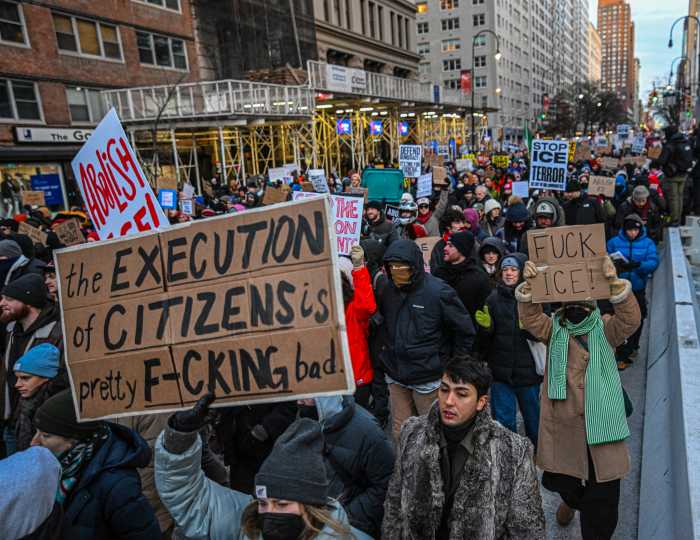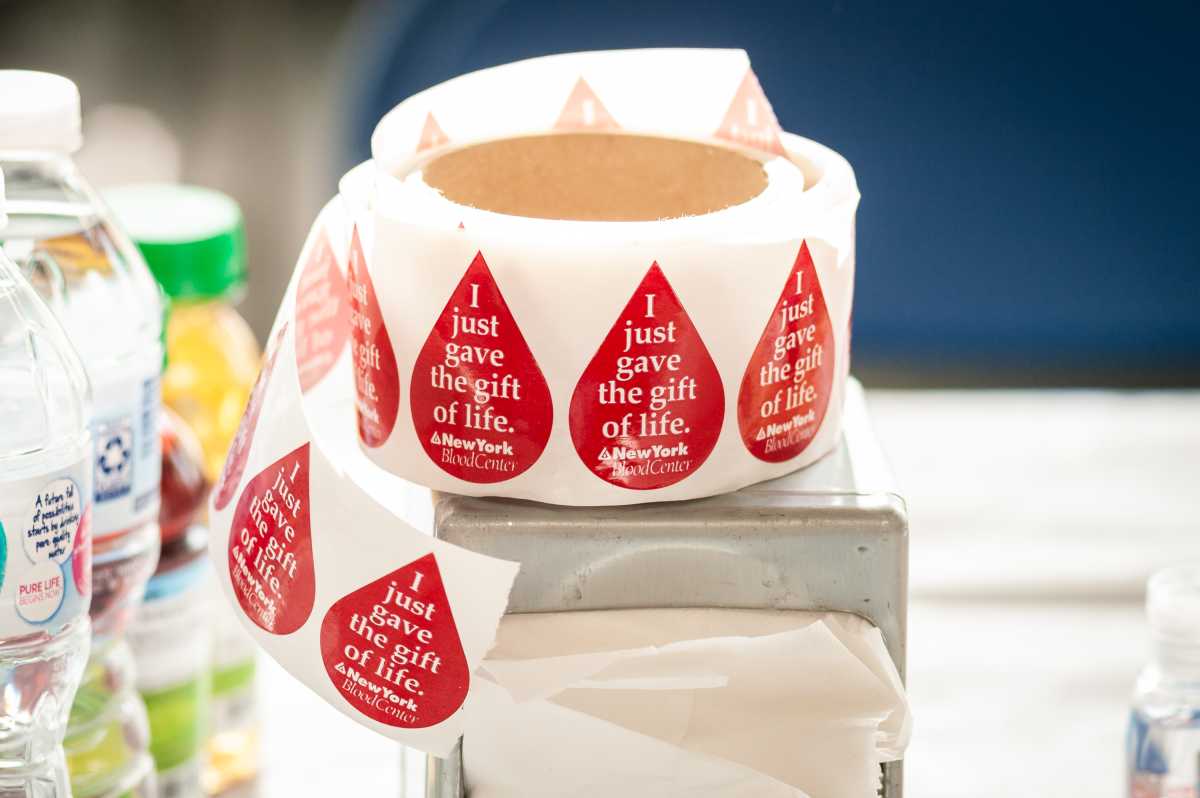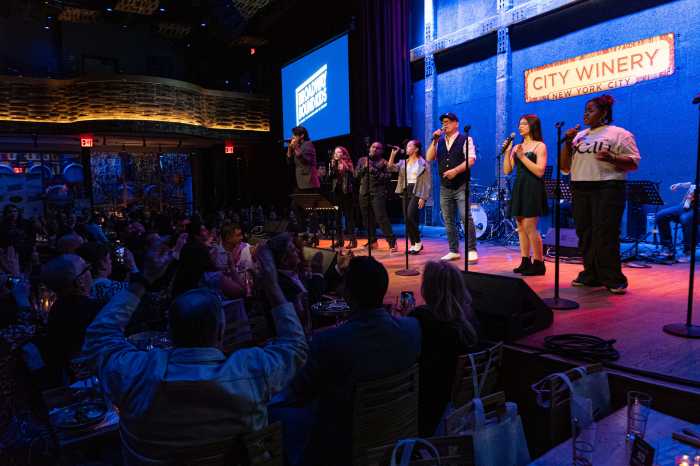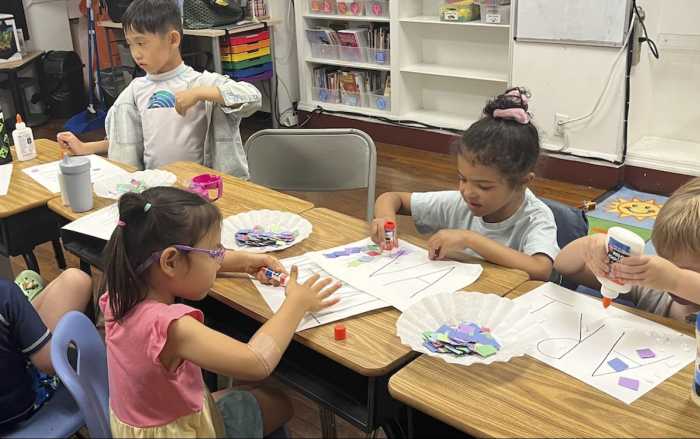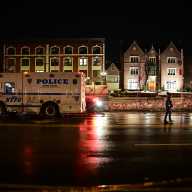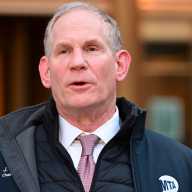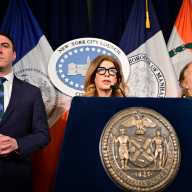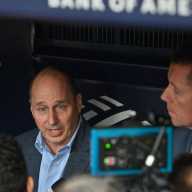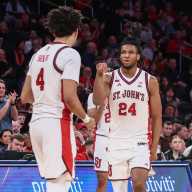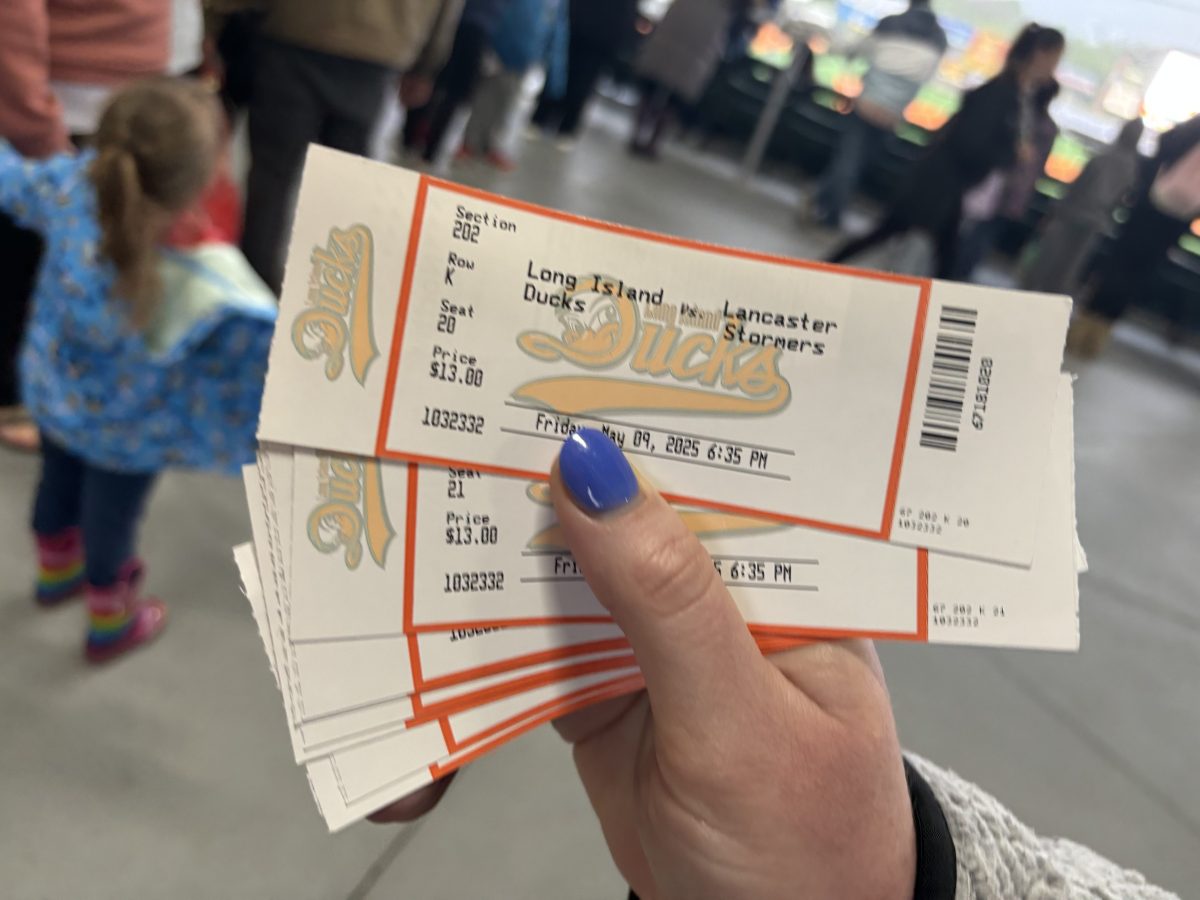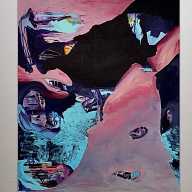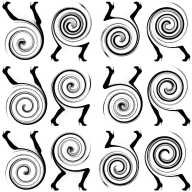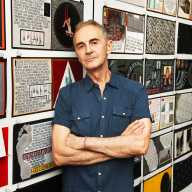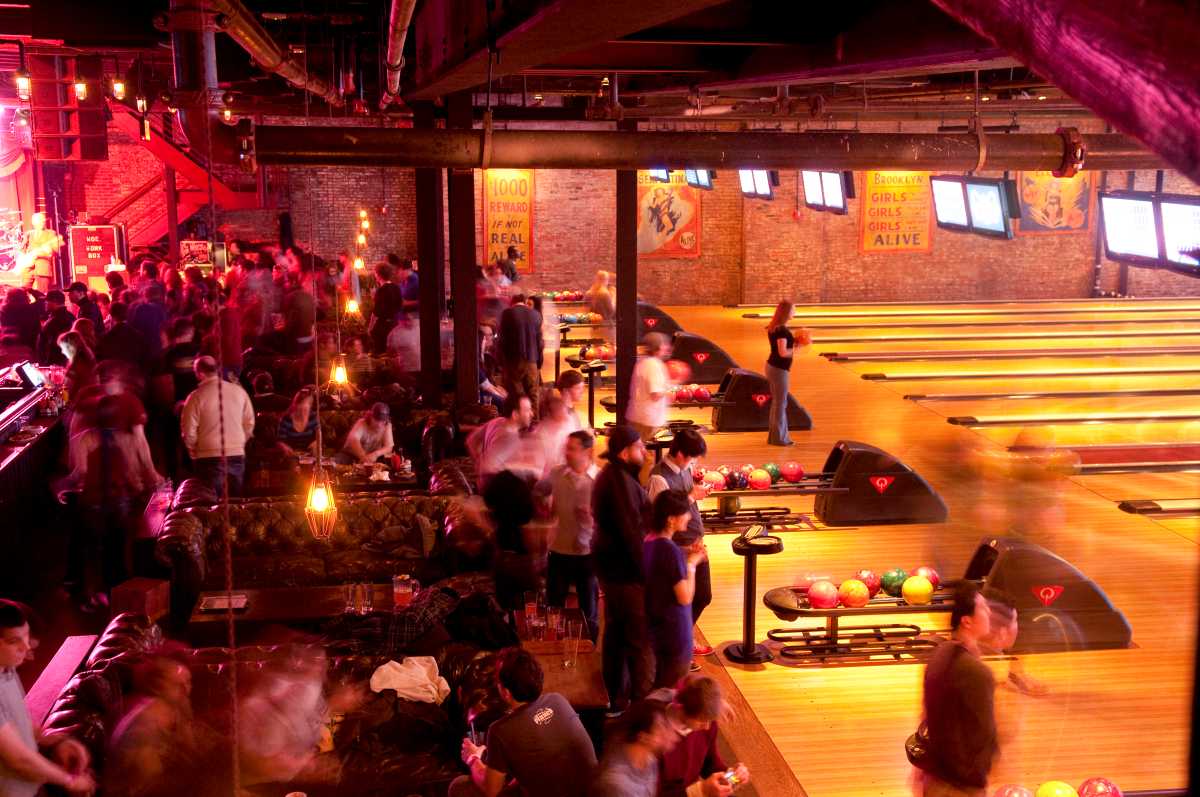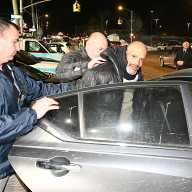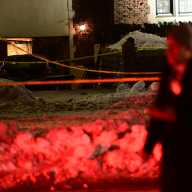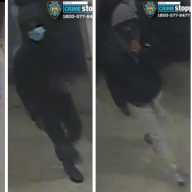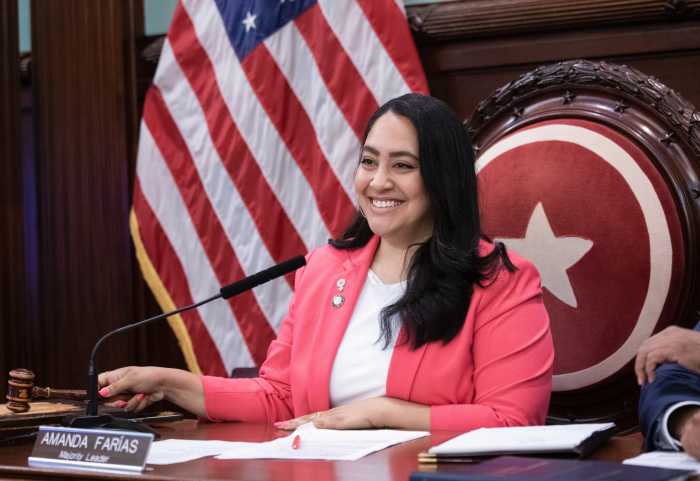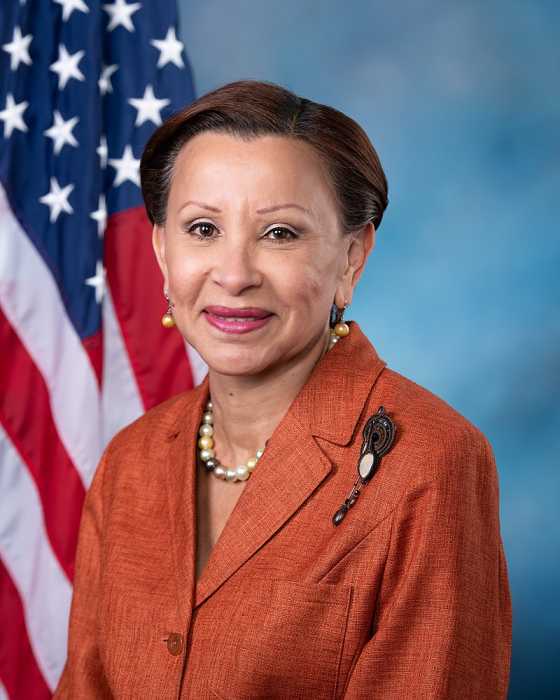A long-planned vision for Harlem became reality Wednesday with the opening of the Urban League Empowerment Center, a $242 million, 414,000-square-foot hub that blends housing, history, and hope on 125th Street.
The project, led by the National Urban League, brings the organization’s national headquarters back to Harlem, the neighborhood where the League rose to prominence more than a century ago.
The center also includes the forthcoming Urban Civil Rights Museum, 171 affordable housing units, a conference center, nonprofit office space, and ground-floor retail anchored by national chains such as Trader Joe’s and Target.
“This is what inclusive development should look like,” NUL CEO Marc Morial. “For those who say it cannot be done — come to Harlem.”
Among those attending the ribbon-cutting were Gov. Kathy Hochul, Mayor-elect Zohran Mamdani, and local City Councilmember Yusef Salaam, who joined residents and community leaders to mark the opening.
Hochul’s administration contributed more than $20 million to the project through Empire State Development, according to her office.
Construction on the Empowerment Center began in 2021 between Adam Clayton Powell Jr. Boulevard and Lenox Avenue/Malcolm X Boulevard. The National Urban League plans to use the space as a hub for community programs focused on voting rights, housing assistance, and job readiness.
Founded in 1910, the NUL has long advocated for economic access and racial justice. Leaders say the Empowerment Center is designed to help longtime residents remain in Harlem — a neighborhood where affordability and gentrification remain constant concerns.
The complex includes about 171 affordable apartments, including 51 owned by The New York Foundling, to ensure “that Harlem’s legacy residents remain part of Harlem’s future.”
The Urban Civil Rights Museum, scheduled to open in 2026 to coincide with the nation’s 250th anniversary, will be the first museum in New York dedicated to the northern civil rights movement. Exhibits will highlight the Great Migration, the Harlem Renaissance, and the political and cultural contributions of Black New Yorkers.
Nonprofits, including One Hundred Black Men, the Studio Museum in Harlem, Virginia Union University, and the United Negro College Fund, will occupy office space within the center.
Gov. Hochul praised the NUL’s leadership and described the project as a vital investment in housing and community renewal. “This may be a physical symbol, yes indeed, but it also captures a spirit of a community that for far too long had been oppressed,” Hochul said. “Now they have the opportunity to rise up and say, ‘We matter.’”
Mayor-elect Mamdani said the project reflects Harlem’s continuing influence on the nation’s conscience. “Freedom is never granted — it is won,” he said, quoting labor leader A. Philip Randolph. “This building is a testament to that struggle.”
For Morial, the dedication marked a defiant homecoming. “We will not back up. We will not turn around in our commitment to equal opportunity and diversity,” he said. “This is the beginning of a new chapter.”
